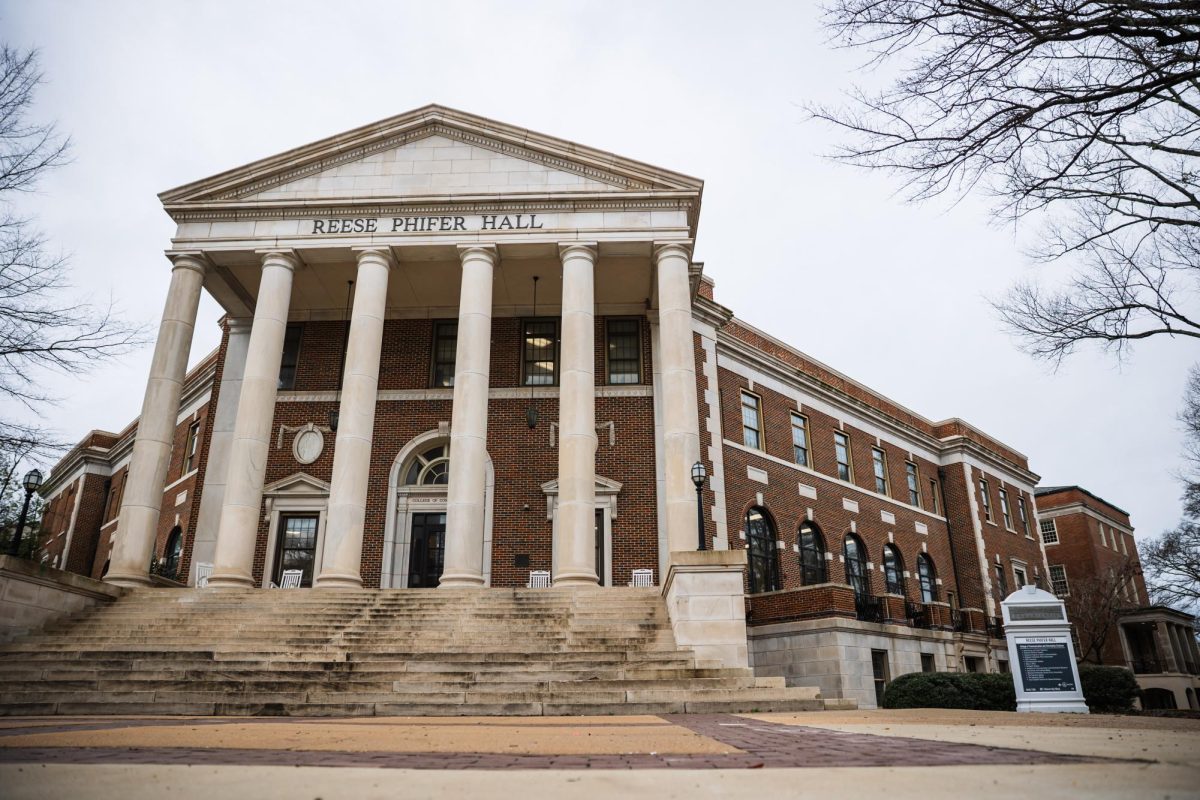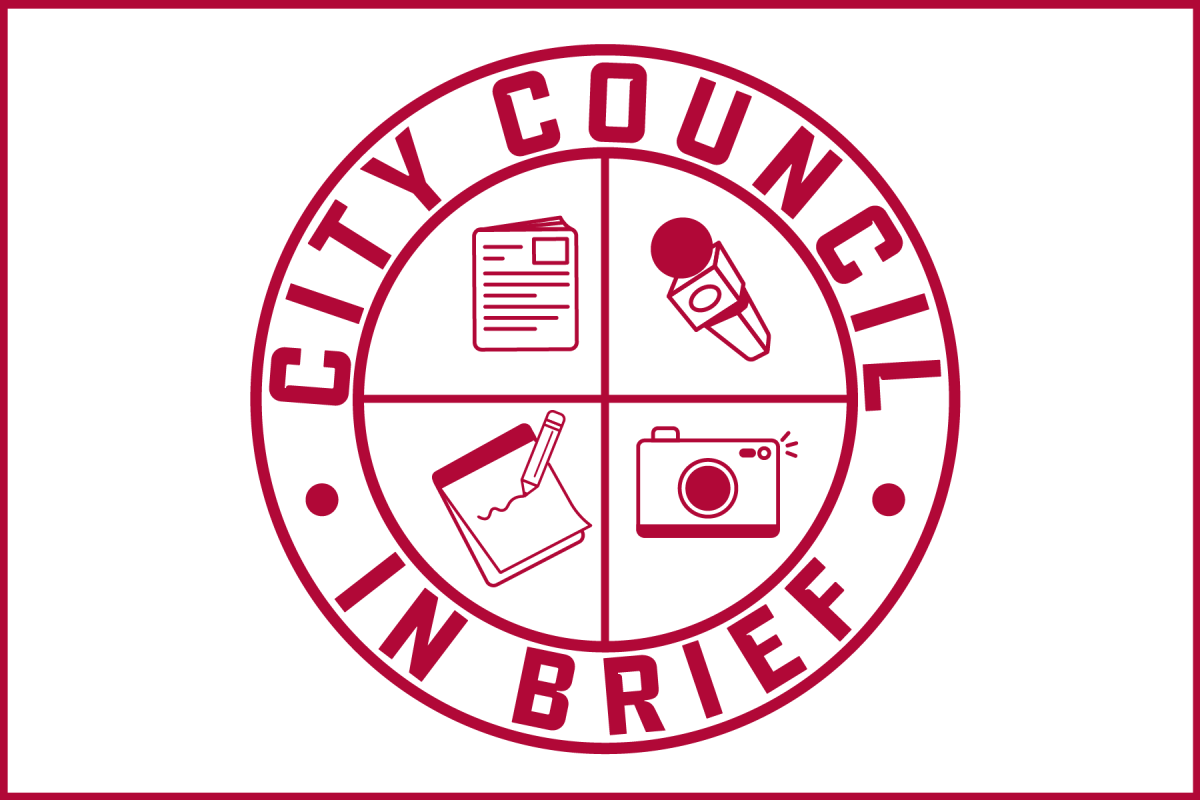An e-mail sent by UA President Robert Witt to students Saturday addressing concerns about a racial slur was prompted by a Friday incident in which someone inside the Delta Tau Delta fraternity house verbally harassed a student, according to UA administrators.
Justin Zimmerman, a second-year graduate student in public administration, was walking home from work at the Crossroads Community Center around 4:25 p.m. Friday when someone shouted at him from inside the house, he said.
“I heard ‘nigger,’ so naturally I turned around,” he said. “After he said ‘nigger’ he said ‘Come here, boy.’”
Zimmerman said he walked away and called Brice Miller, assistant director of the Crossroads Community Center, and then called the University of Alabama Police Department and filed a police report.
The individual who shouted the slur was not the only person who witnessed the incident, he said.
“Only one person said anything, but there were other people in the building who didn’t respond, who I assume to be just as guilty as he was,” he said.
Witt e-mailed students around 2 p.m. on Saturday, informing students that these incidents will not be tolerated, University spokesman Bill McDaniel said.
“Witt just wanted to address the incident that happened, so he said what he felt like he needed to say,” McDaniel said.
McDaniel confirmed that the 63-word email came directly from the president. He could not say if Witt would release a follow-up statement.
Mark Nelson, the University vice president for student affairs, said he agreed with Witt’s response in an e-mailed statement.
“In responding quickly, President Witt condemned the behavior and reinforced our community values,” Nelson said. “The University of Alabama is committed to ensuring that everyone in our campus community feels safe and supported.”
Witt’s e-mail stated, “The University of Alabama finds this behavior totally unacceptable, and appropriate disciplinary action will be taken.”
Nelson said the student has been referred to the office of judicial affairs.
Delta Tau Delta President Sean Keeler said the individual involved has been suspended from the fraternity and plans to apologize to Zimmerman.
“This doesn’t have anything to do with the house at this point,” he said. “It’s between the individual and University.”
Keeler said the individual’s views do not represent those of other fraternity members.
“Under any circumstances, language like this and blatant disrespect to others should never be tolerated,” he said. “This was a separate incident involving an individual who used bad judgment in making a remark that is absolutely inexcusable.”
Zimmerman, a Moreno Valley, Calif., native, attended the University as an undergraduate, receiving a bachelor’s degree in philosophy and political science in 2008. He has been active in the Blackburn Institute and is a member of the Alpha Phi Alpha fraternity.
He said this was not the first time a white person has used the word against him.
“Your initial reaction always is shock,” he said. “It might have been different if there was a conflict going on, but it was completely unprovoked. He thought that he could just say it because there was nothing going on.”
Zimmerman said he has noticed more diversity on campus during the six years he has been here, but that diversity has not translated into more cooperation and cohesion.
“I would say that the blatant use of the word…was out of character for UA, but racism itself is not that odd,” he said. “Socially, we don’t deal with each other, and it shows. And that’s why people think they can use the word…out on the street with no repercussions.”
Nelson said this kind of incident works against the administration’s goal of a more unified campus.
“This University is committed to ensuring a welcoming and inclusive campus,” he said. “Individuals who live, work, teach and study within this community are expected to contribute positively to the environment, and to refrain from behaviors that threaten the respect that every member of our community deserves. We are disappointed when isolated actions like this one undermine these values.”
Victor Luckerson, Katherine Martin, Will Tucker and Wesley Vaughn contributed to this report.








